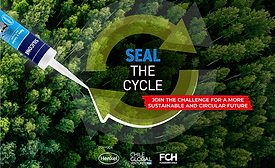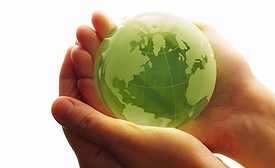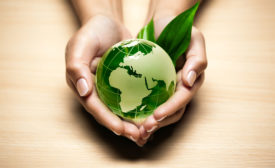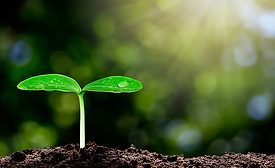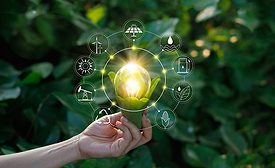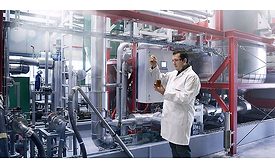Home » recycling/recyclability
Articles Tagged with ''recycling/recyclability''
Striving for Sustainability
Henkel has launched a global innovation call for separating plastic from silicone waste.
Read More
Strategies for Green Bonding
How can we make adhesives and bonding processes more sustainable?
January 31, 2022
Berry Receives Top Rating for Climate Change Action
Among the company’s sustainability advances over the past year, a CDP report recognized the third-party verification of Berry’s Scope 1 and 2 greenhouse gas emissions.
December 30, 2021
Kraton Announces ISCC Plus Certification for the Manufacture of Renewable Styrenic Block Copolymers
ISCC PLUS certification provides traceability of recycled and renewable-based materials across the supply chain.
December 28, 2021
Top 5 News that Sticks
Readers Most Interested in Recyclability Approval for Henkel Adhesives
News from Henkel regarding recyclable adhesives for packaging applications garnered the most reader interest last week.
December 20, 2021
Henkel Adhesives Receive RecyClass Approval for Recyclability
Henkel reports that the approval is a key milestone toward greater sustainability and the creation of a circular economy.
December 9, 2021
From the Editor
Adhesive and Sealants Address Wide-Ranging Sustainability Efforts
From the use of renewable raw materials and sustainable production processes to the development of finished products that support environmentally friendly end uses, the adhesive and sealant industry is undertaking a broad range of activities to address sustainability.
November 29, 2021
Renewable Carbon Initiative Celebrates First Anniversary
In the past year, the Renewable Carbon Initiative has grown from 11 founding members to 30 member companies.
November 10, 2021
Strategic Solutions
Sustainable Adhesives in Construction and Packaging
Though sustainability can be difficult to define, many types of adhesives contribute to more sustainable construction and packaging products.
November 8, 2021
Advancing Adhesives
Recycling Plastic Waste into Custom-Made Polyols
The chemical recycling of polyurethane (PU) and polyethylene terephthalate (PET) from waste materials is evolving into a viable alternative to mechanical recycling.
November 3, 2021
Keep the info flowing with our eNewsletters!
Get the latest industry updates tailored your way.
JOIN TODAY!Copyright ©2025. All Rights Reserved BNP Media.
Design, CMS, Hosting & Web Development :: ePublishing
